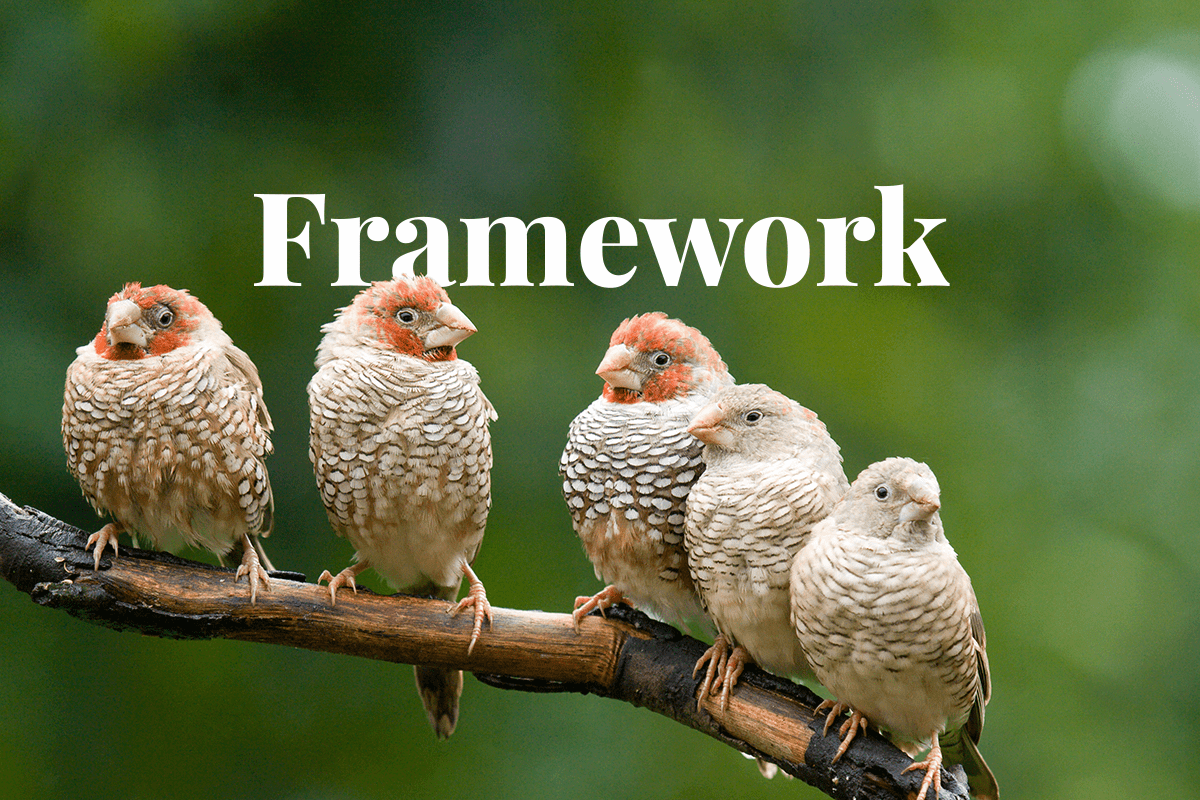The Global Biodiversity Framework (GBF) was signed in December 2022 by 196 parties committed to halting biodiversity loss by 2030.

As per the GBF, businesses are key to implementing the framework, particularly in progressively reducing negative impacts on biodiversity. Here are five ways businesses can lead the transition to a nature-positive economy:
- Assess and disclose
All large businesses and financial institutions must regularly monitor, assess, and transparently disclose their risks, dependencies, and impacts on biodiversity. Only 5% of companies have assessed their impacts on nature, with less than 1% understanding their dependencies. Therefore, companies need to gain a science-based view of their impact to identify biodiversity hotspots and the underlying drivers putting their operations at risk.
- Reduce the bad
Companies should aim to reduce their environmental impact significantly and avoid degrading nature. Around 40% of the world's food is lost annually, and the agriculture, food, and hospitality sectors must act. In addition, companies can invest in environmentally friendly technologies and practices to reduce their impact on biodiversity.
- Increase the good
Investing in protected areas and conservation initiatives allows nature to bounce back, protecting the ecosystems they and their consumer base depend on. Companies can adopt sustainable procurement policies for mismanaged commodities that have a lasting positive impact on nature.
Read about: Why is biodiversity important
- Be inclusive and just
Businesses must involve indigenous people and local communities (IPLCs) in decision making. Indigenous people comprise 5% of the population but are vital stewards of an estimated 80% of the planet's biodiversity. Businesses will benefit from indigenous knowledge by making stakeholder consultations and community engagement standard practice. They will also mitigate their impact on local communities by respecting their rights and livelihoods.
- Don't do it alone
Businesses should pursue partnerships and join initiatives to pool resources and knowledge and overcome barriers, such as cost and access to technology. Companies can also contribute to public consultations and working groups for ongoing framework development.
By halting biodiversity loss, businesses will protect their long-term interests and contribute to an economy where businesses, society, and the natural world thrive. Therefore, implementing these measures will reduce negative impacts on biodiversity, increase positive effects, and benefit the long-term interests of businesses, society, and the natural world.
DGB Group develops impactful projects in collaboration with various stakeholders, including local communities, governments, and local partners. Our projects focus on restoring biodiversity and sustainably developing solutions for local communities.
Find out how you can compensate for biodiversity loss

